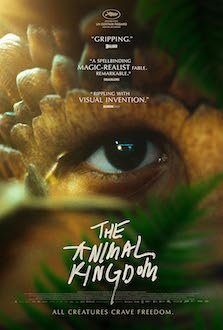Direction: Catherine Breillat
Country: France
Provocative French filmmaker Catherine Breillat, known for works like Fat Girl (2001) and Abuse of Weakness (2013), makes her return after a decade with Last Summer, an uninteresting remake of the Danish drama Queen of Hearts (2019). Teaming up with Pascal Bonitzer in the script, Breillat employs excessive close-ups to convey intimacy in often drawn-out scenes where guilt and pleasure intertwine in uneven proportions.
Léa Drucker takes the lead as Anne, a capable middle-aged lawyer whose marriage becomes compromised when she embarks on a transgressive relationship with her rebellious 17-year-old stepson, Theo, portrayed by Samuel Kircher. Kircher stepped in for his brother, Paul, who was originally cast but had to withdraw due to post-pandemic scheduling conflicts.
Despite the moral quandaries that surface, Last Summer feels emotionally distant and somewhat dated, floundering and drowning in its own dramatic viscosity. The characters lack depth and fail to evoke sympathy, while the dialogues verge on the obvious. From the outset, it’s easy to guess what’s coming up as this plodding exercise arrives with a formal structure devoid of both narrative and stylistic novelty.








































